In honor of Memorial Day, last Friday I began by describing the longest battle American forces faced in the the Hürtgen Forest during World War II. I wrote how my father, Private James Lichtman, survived an 88mm German canon attack, and a minefield as he crawled to an aid station to receive medical attention for his frozen feet. This is the rest of his story.
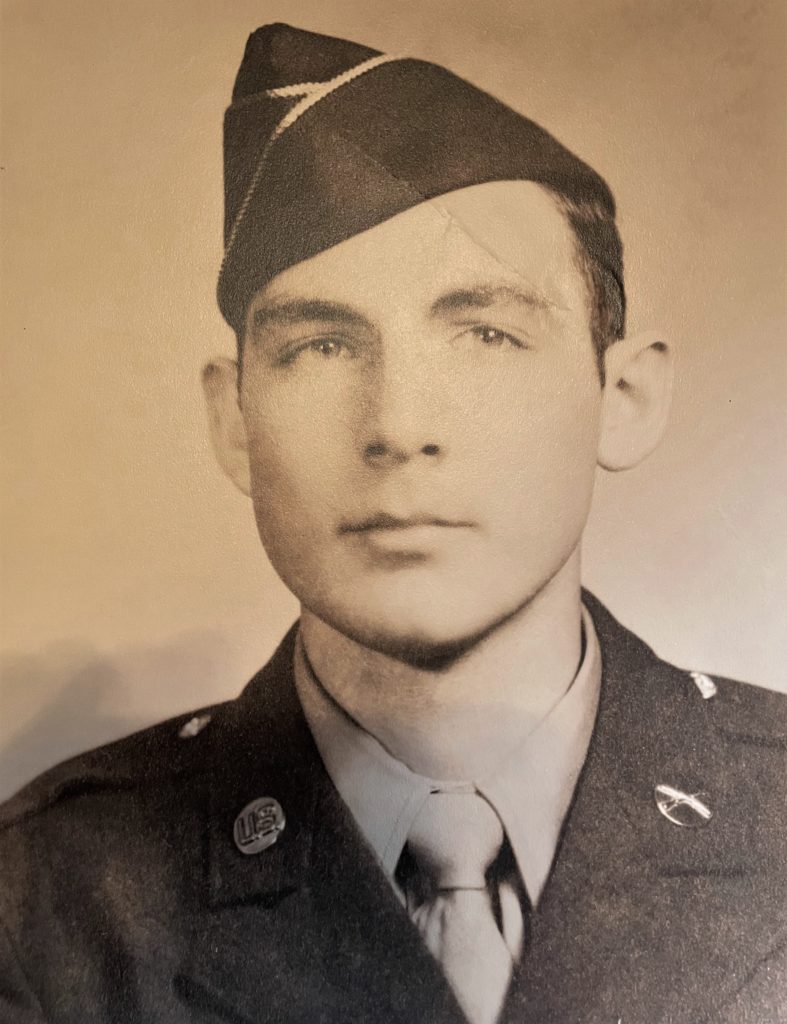
“Arriving at Battalion Aid, the dead and wounded were piling up.
“‘Go see Sergeant Tom,’ someone said.
“He looked me over and shouted, ‘Are you faking!?’
“I cut off my shoes and started to cry, ‘Does this look like I’m faking?’
“‘Okay kid,’ he said, ‘I’m sorry.’
“Within minutes I was carried by stretcher to another area where more wounded lay. Next to me was a kid as young as me who couldn’t open his eyes. ‘I can’t see now,’ he said, ‘but they say an operation will give me back my sight.’
“I was about to say something in return when an nurse looked directly at me, put her finger over her lips, and shook her head, ‘No.’
“‘That’s great,’ I told him.
“I hated myself for saying that, but would I want someone lying to me if places were switched? I sure as hell would.
“The next few days were consumed with visits from doctors and moving from one place to another. Finally, they got most of us on a hospital train to the Channel, then a tender to England.
“From Battalion Aid to a hospital bed in London was a blur. I spoke to no one during the trip till I was finally placed onto a hospital bed. I began by thanking the British nurses, every one of them, who worked nonstop. God Bless them all.
“Spiritual aid came from Father Richard Kehoe, an American Catholic priest from Brooklyn, New York. I came from a strict Catholic family, so ‘Pop’ Kehoe, as we called him, was easy to talk to and sincerely kind. He gave me a silver Miraculous Medal and chain that I wear to this day.
“I was tagged Z-I, ‘zone of interior,’ meaning I could head home. The trip would take me from London to Gourock, Scotland, a deep-water port for the Queen Mary, the largest ocean liner in the world, which now served as the largest troopship. It was January 25.
“Carried onto the ship, I was taken directly to the promenade deck, which had been converted into a hospital for treating the wounded. I was placed on the top bunk. Opposite me was a soldier with two frozen, black feet. The doctor came by and whispered, ‘Keep an eye on him. We’re just waiting for the top half of his feet to fall off.’
“The next morning, I was awakened by a tasty breakfast tray. I looked down and was shocked to see that the top half of both his feet had fallen off. He was treated regularly without making a sound.
“I remember that every one of us had a quiet, grateful look on our faces.
“I remember closing my eyes and thanking God daily with every bunch of love in my body.
“I remember being unloaded from the train in Scotland to a truck and looking up at this massive, beautiful ship, this beautiful Queen. Carried onto the ship, I remember a beautiful blanket of white snowflakes that melted on my face. I remember how they felt on my tongue. It was like being kissed by an angel—a memory I have never forgotten.”
Charles Whiting writes in The Battle of Hürtgen Forest: “The 8th Infantry and the 5th Armored Divisions had lost four thousand men of whom twelve hundred had been felled by exposure and combat fatigue.”
In his copy of Whiting’s book, my dad wrote these words to me: “Thank God you will never have to go through anything like this. Love Dad.”
Private James F. Lichtman was honorably discharged from the Army of the United States 7 September 1945. For his service in the battle of Hürtgen Forest he received a Bronze Star.
Comments
Leave a Comment
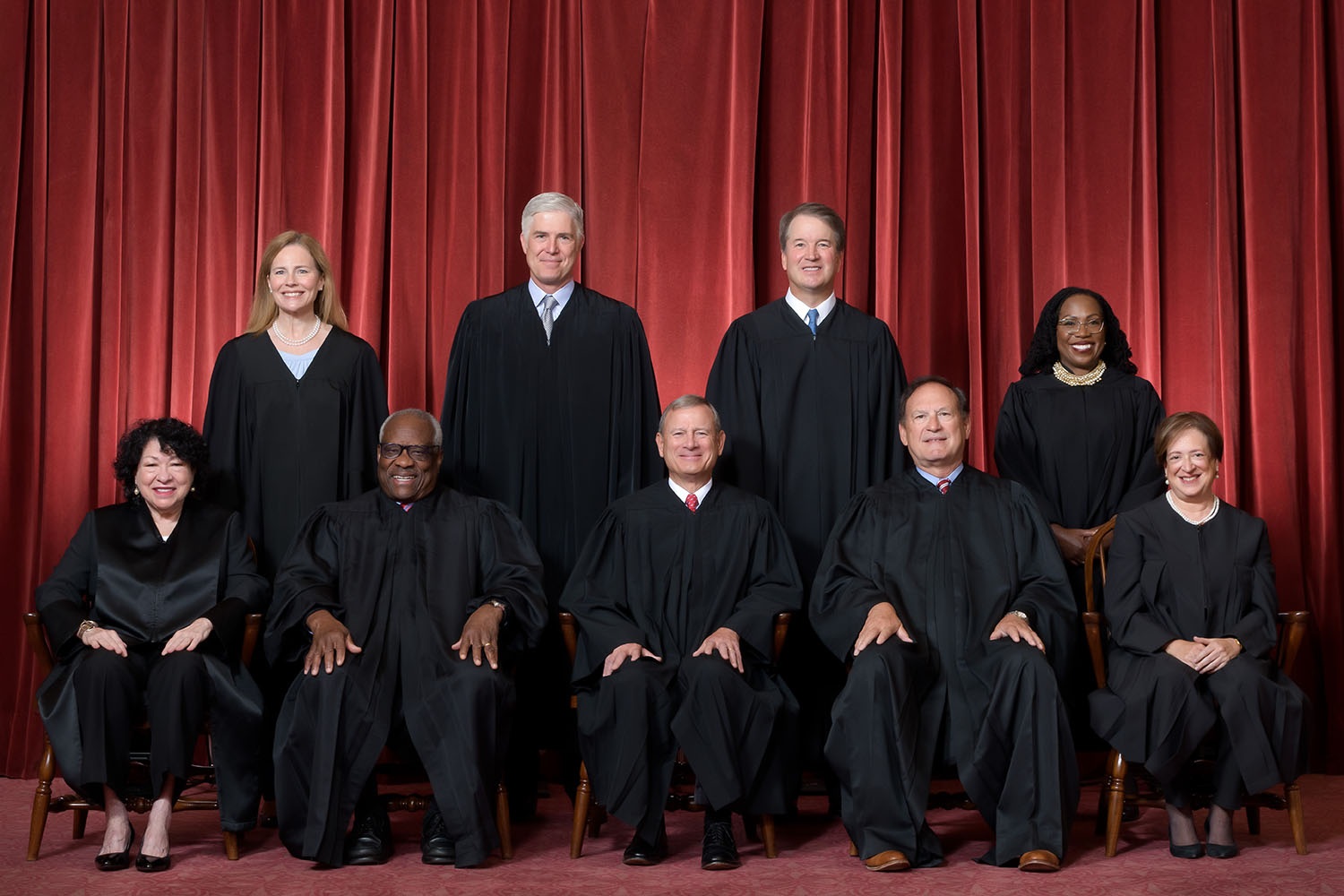

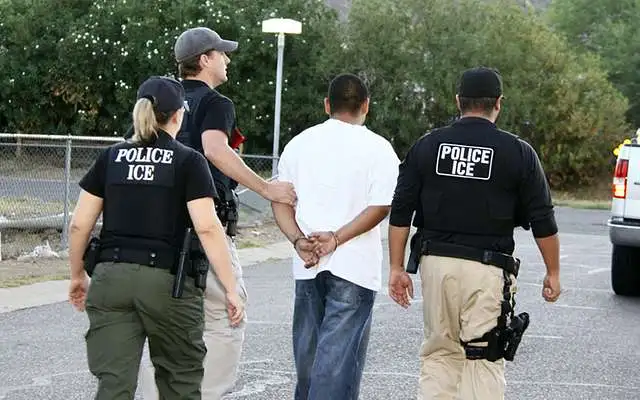
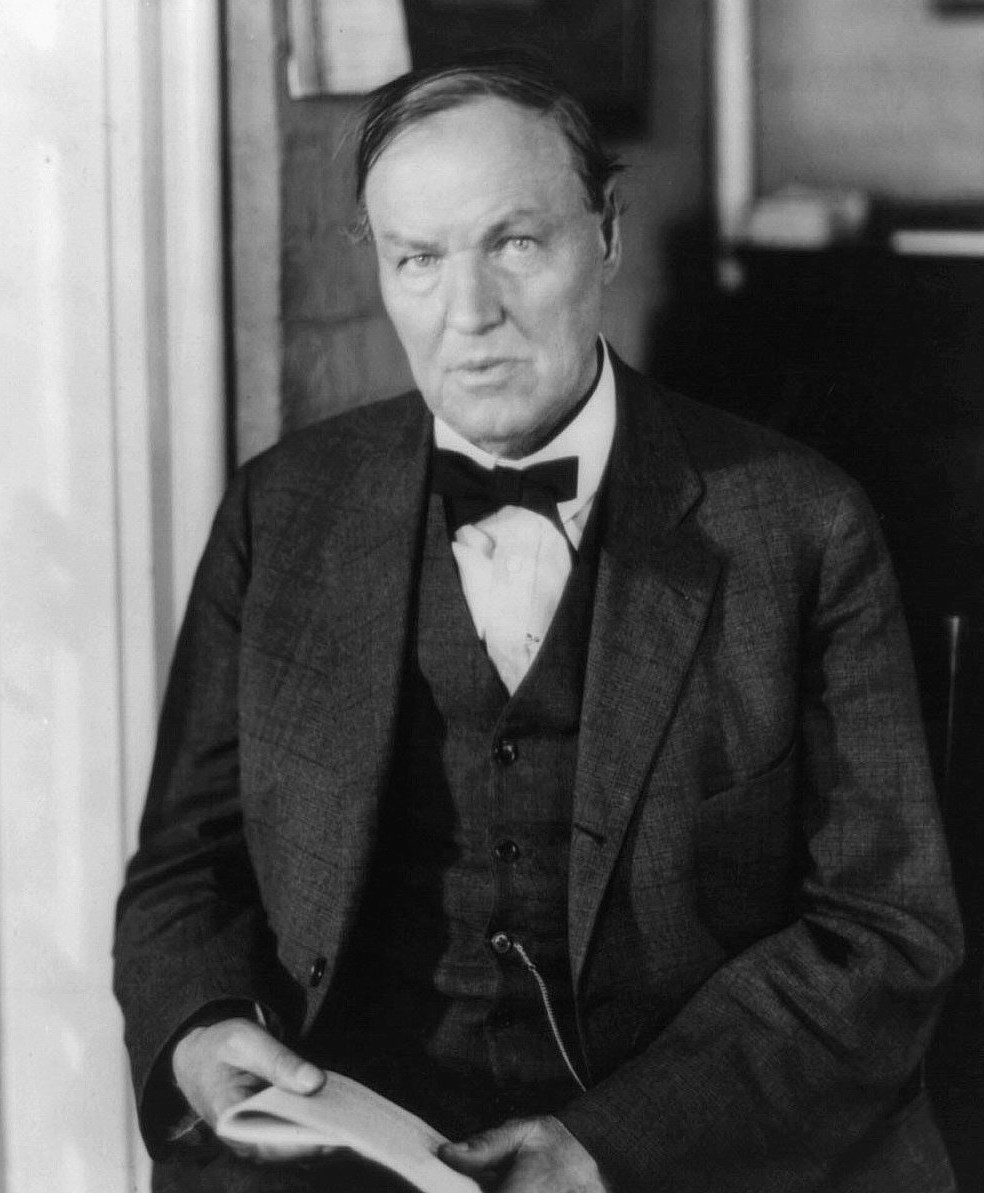
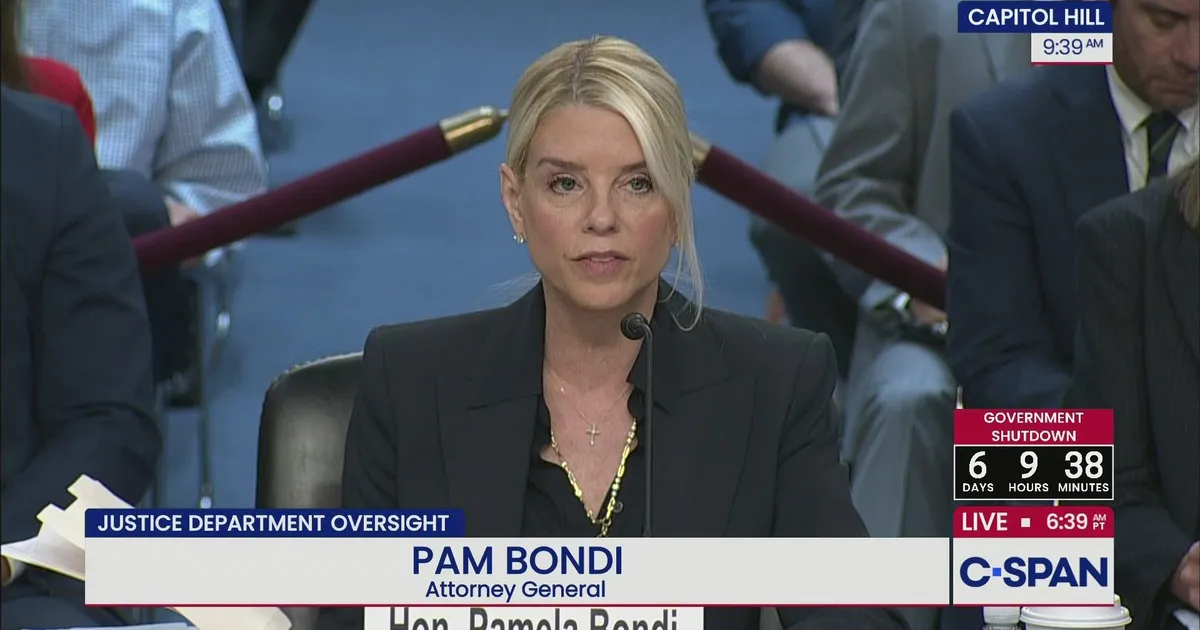
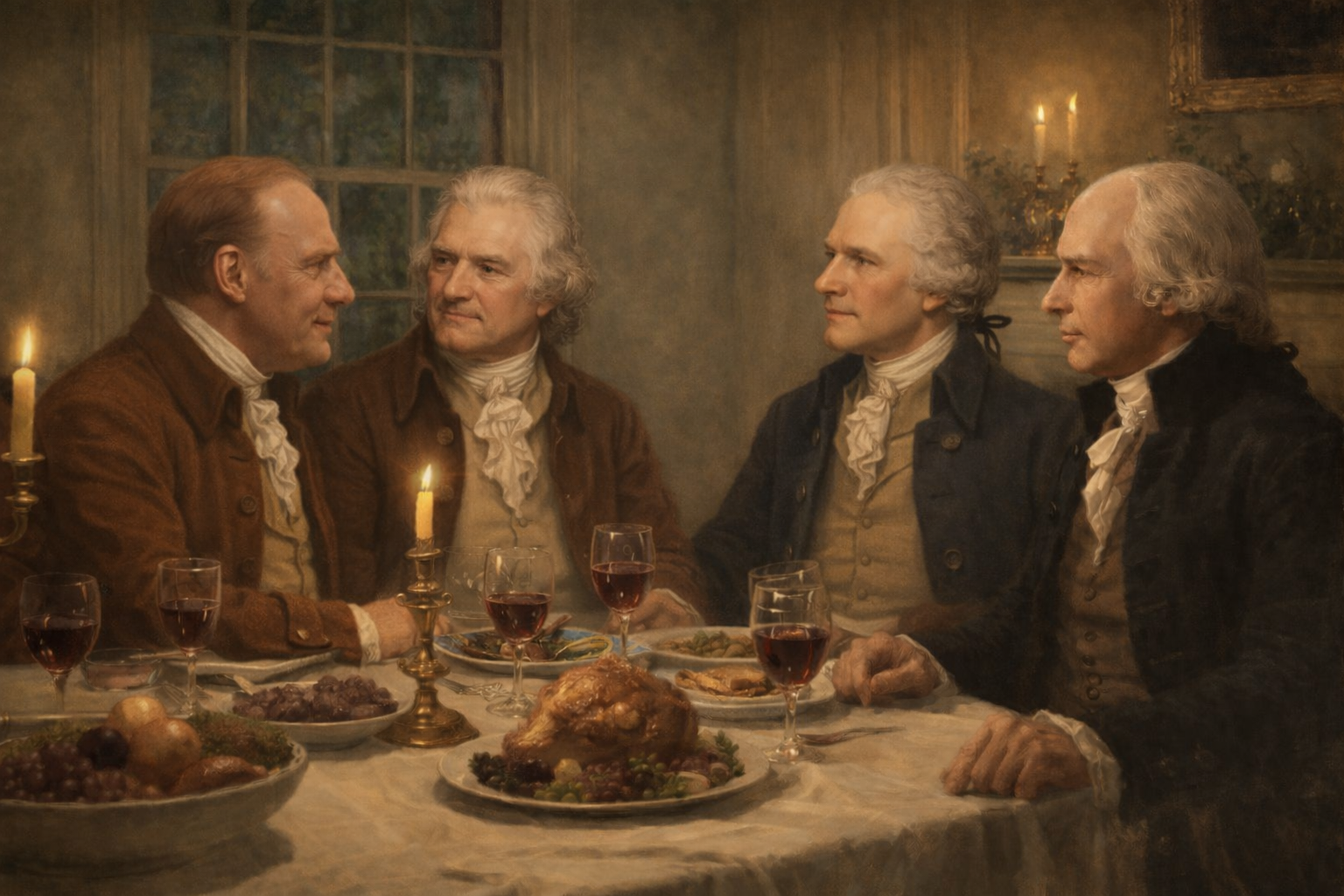


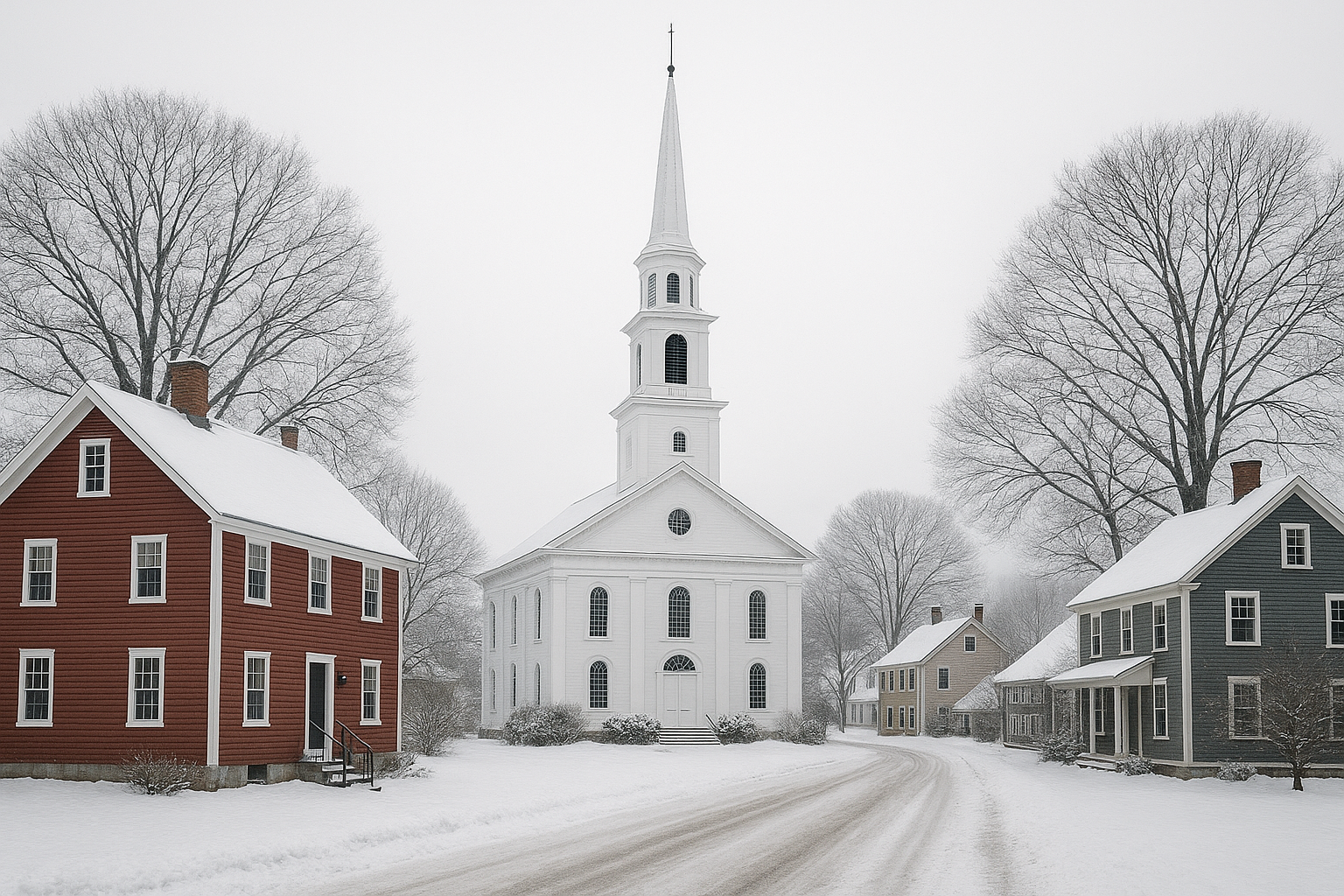
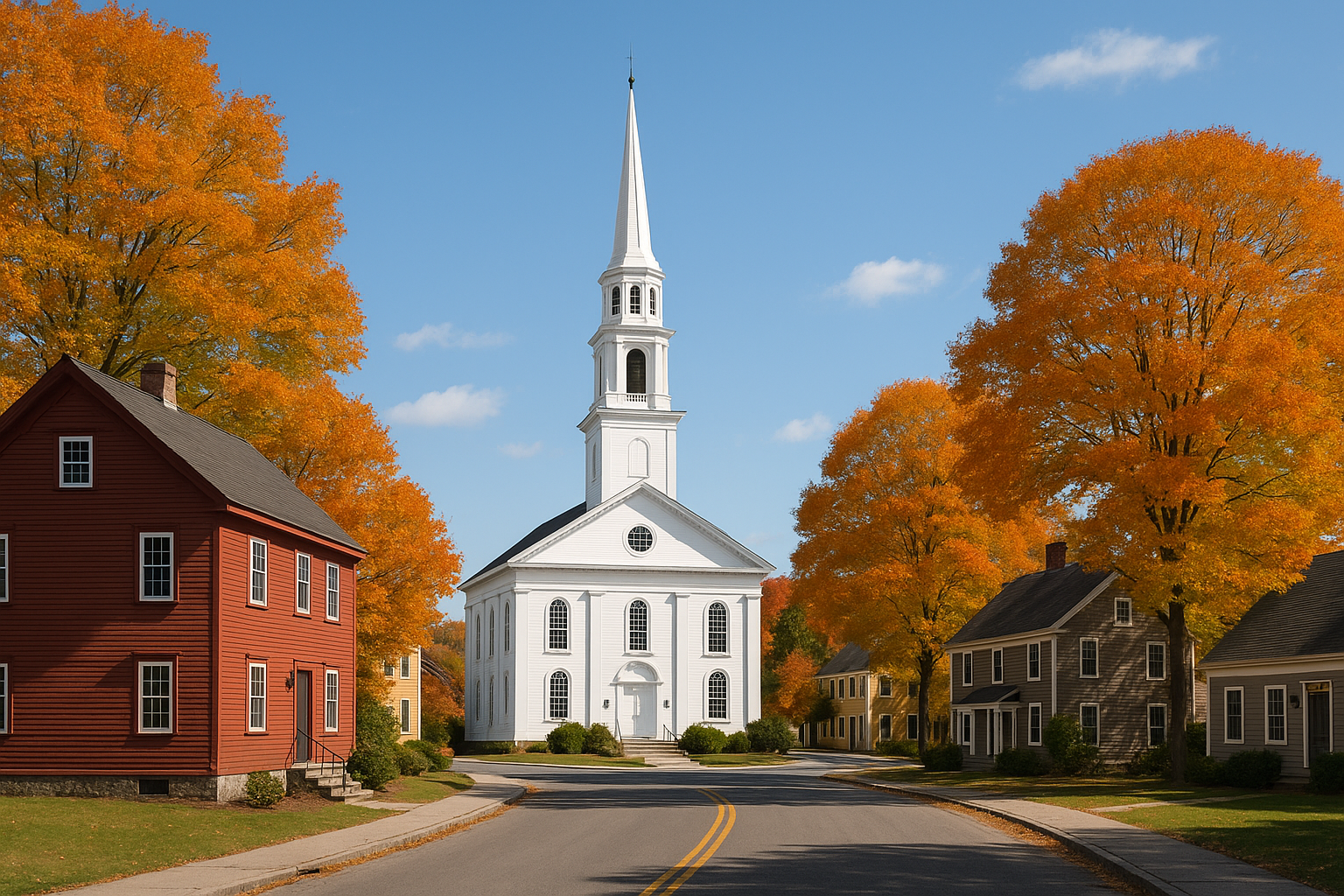
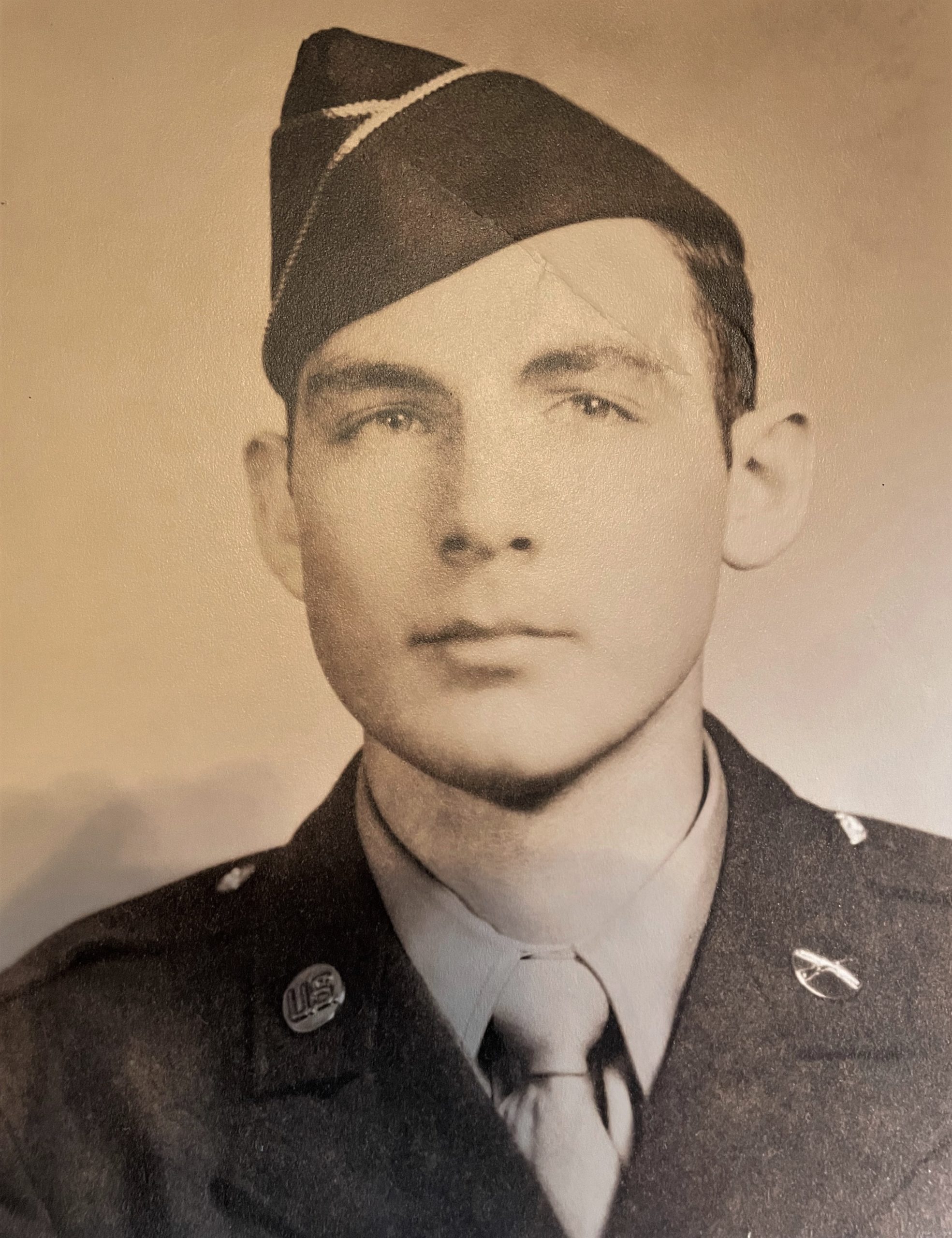


Thanks Jim for sharing your father’s story. So many men and women made such sacrifices. We have NOTHING to complain about.